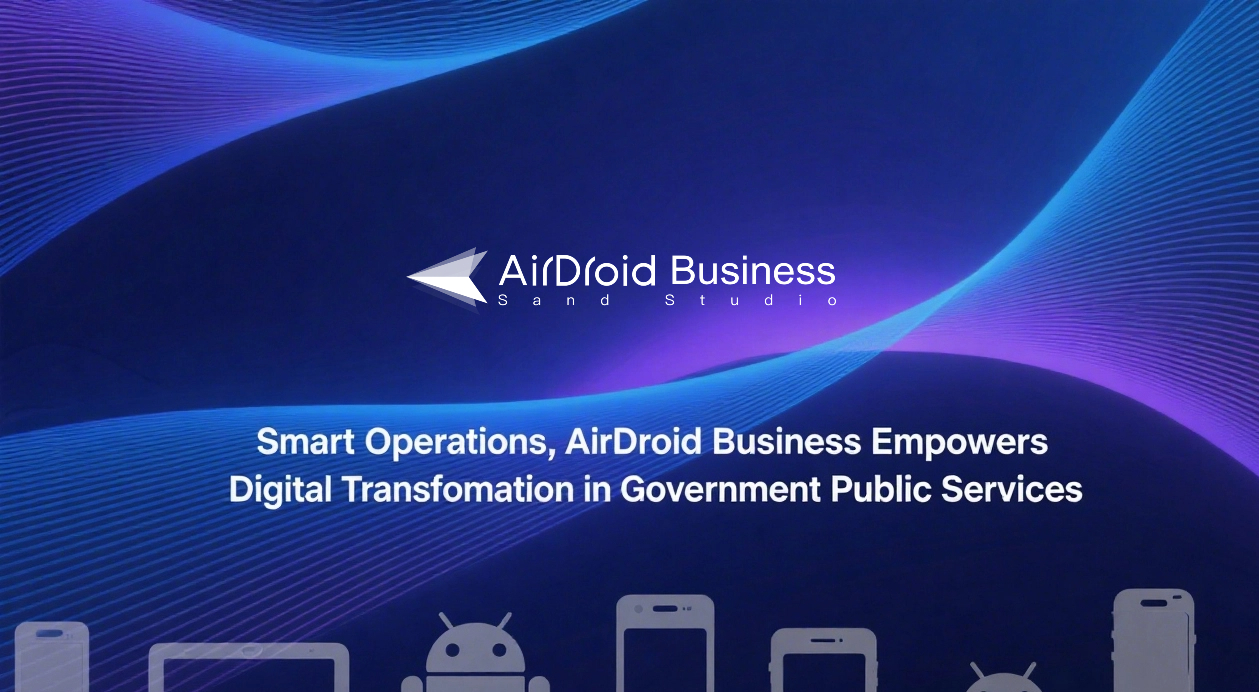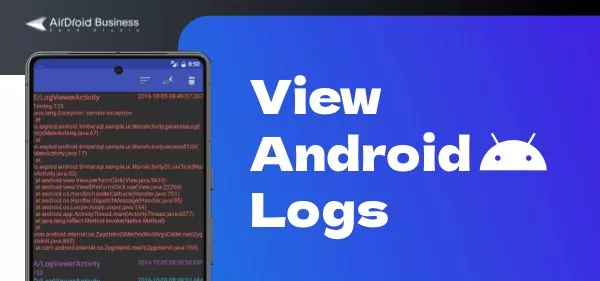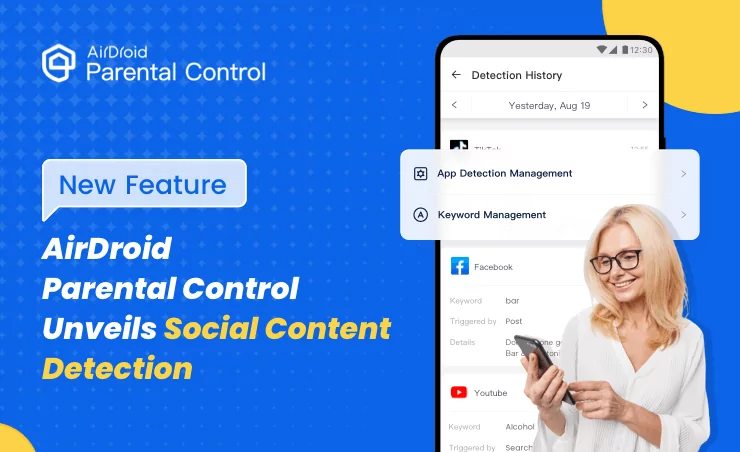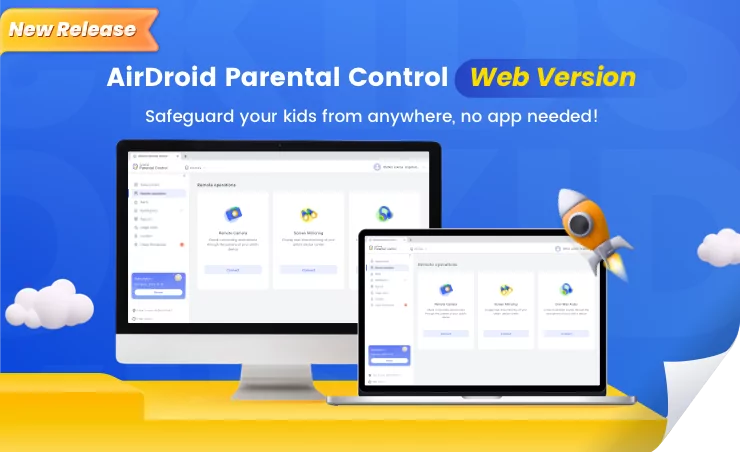Smart Operations: AirDroid Business Empowers Digital Transformation in Government Public Services
In today's digital age, government agencies are actively embracing technology to provide more efficient and convenient public services to citizens. Increasingly, Android-based self-service terminals and information display platforms are becoming commonplace. However, effectively managing these widely distributed and numerous Android devices, ensuring their stable operation, data security, and application compliance, has become a significant challenge for government departments at all levels.

1 Government Android Management: Scenarios and Core Needs in Public Service Projects
Taking the example of a government employment service center managing hundreds of Android tablets, we can clearly see the unique requirements for Public Sector Android Device Management:
- Efficient Operations, Uninterrupted Service: Public-facing devices like those in employment centers must operate stably 24/7. Any device malfunction or connection delay can directly impact citizens' experience. For Android Device Management of hundreds of devices, Remote Device Control must be highly efficient and responsive, enabling quick troubleshooting and problem resolution to minimize service interruptions.
- Strict Control, Ensuring Service Exclusivity and Security: Public service terminals often run a single app mode with a custom application. It's crucial to prevent devices from being misused or maliciously accessed. This demands robust Policy Management features, such as restricting in-app browser external links and setting screen timeouts to "never," ensuring devices are dedicated to their intended service and enforcing Device Policy Enforcement to prevent sensitive information leaks.
- Application Lifecycle Management, Ensuring Up-to-Date Information: Custom public service applications require regular updates to introduce new features or fix bugs. An efficient Application Management Service (AMS) for Android App Deployment is vital. It ensures consistent and up-to-date application versions across all devices, providing citizens with the best possible service experience.
- Granular Permission Allocation, Enhancing Collaboration Efficiency: Large government projects often involve multiple teams collaborating. Clear role and permission management ensures that members from different departments (e.g., operations, security, development) can effectively manage devices while maintaining data security.
These core needs collectively aim to build a stable, secure, and efficient Mobile Device Management Solution (MDM Solution) to support the smooth delivery of government public services.
2 AirDroid Business: Built for Enterprise Android Device Management
AirDroid Business is an all-in-one MDM Solution designed to address these challenges. With its powerful feature set and enterprise-grade security standards, AirDroid Business has become a top choice for numerous government agencies and public service projects. It's not just an MDM Solution, but a comprehensive Enterprise Mobility Management (EMM) platform.
1Remote Device Control: The Cornerstone of Efficient Operations with Instant Response
AirDroid Business's Remote Device Control feature enables real-time monitoring and operation of Android devices. Addressing the pain point of "excessive remote control connection waiting times" faced by public service organizations, AirDroid Business offers optimized remote connection technology that significantly reduces latency, providing near real-time screen sharing and remote operations. This means IT personnel can troubleshoot device issues, configure systems, or transfer files remotely without on-site visits, greatly improving operational efficiency and ensuring public service terminals remain online.
2 Policy Management: Building a Secure and Compliant Service Environment
For device control requirements in public service scenarios, AirDroid Business's Policy Management offers granular configuration options. For example, in-app browser restrictions effectively prevent the custom application's browser from accessing external links, ensuring users focus solely on service content. Additionally, setting screen timeout to "never" ensures that the tablet devices remain active for public access. Through this Device Policy Enforcement, organizations can strictly limit device usage, mitigate security risks, and meet the compliance requirements of government projects.
3 Application Management Service (AMS): The Powerhouse for Custom App Distribution and Updates
For custom applications, AirDroid Business's Application Management Service (AMS) provides efficient and convenient lifecycle management. Whether it's initial deployment, version updates, or bulk installation, AMS enables remote push and silent installation (i.e., Android App Deployment), ensuring consistent and up-to-date application versions across hundreds of devices without manual intervention. This significantly reduces maintenance costs and guarantees timely service content. Its Kiosk Mode (also known as Single App Mode) can lock devices into specific public service application interfaces, ensuring the device's sole purpose.
4 Role and Permission Management: Empowering Teams for Efficient Collaboration
Empowering Teams for Efficient Collaboration
In large government projects, team collaboration is crucial. AirDroid Business's role and permission management feature allows administrators to assign customized operational permissions based on different team members' responsibilities. For example, operations personnel might have remote control and device reboot permissions, while security auditors only have access to device logs. This granular permission allocation not only enhances team collaboration efficiency but also fundamentally secures devices and data.
3 AirDroid Business Customer Case Studies: A Trusted Partner for Government Android Management
AirDroid Business provides robust MDM Solutions that empower Government Digitalization and Digital Transformation Public Services.
1 Government Agency 1: Optimizing Public Library Information Kiosks

A municipal government agency overseeing public libraries and community centers managed hundreds of Android tablets deployed as interactive information kiosks. These kiosks were vital for citizens to access local event schedules, apply for library cards, and provide community feedback. Their key hurdles included:
- Manual Updates: Updating content and applications on geographically dispersed kiosks was time-consuming and inefficient.
- Security Gaps: Ensuring devices were locked down to approved content was paramount to maintain public trust.
- Slow Support: Dispatching IT staff on-site to diagnose and fix issues was costly and caused significant service interruptions.
AirDroid Business transformed their operations:
- Centralized Control: Used AMS for remote Android App Deployment and instant content updates across all kiosks.
- Enhanced Security: Policy Management enabled Kiosk Mode to lock devices to specific public service applications.
- Efficient Remote Support: Remote Device Control allowed IT to instantly diagnose and fix issues from a central office.
Result: The agency cut maintenance costs, ensured timely and accurate public information, and boosted citizen satisfaction.
2 Government Agency 2: Bolstering Public Health Field Operations & Emergency Response

Another government agency, specifically a public health department, relied on hundreds of Android smartphones and tablets for their field teams conducting health inspections, disease surveillance, and emergency response coordination. They struggled with:
- Device Reliability: Ensuring devices in remote areas had sufficient battery life and reliable network access was a constant battle.
- Rapid Deployment: New protocols or emergency response applications needed to be deployed instantly and reliably.
- Asset Oversight: Tracking the precise location of field devices was crucial for accountability during emergencies.
AirDroid Business became essential for their mobile workforce:
- Real-time Monitoring: Provided alerts on battery levels, online status, and network connectivity.
- Instant Emergency App Deployment: Allowed for rapid, silent Android App Deployment of emergency protocols.
- Enhanced Location & Security: Geofencing and precise location tracking ensured personnel remained within operational zones.
Result: The public health department significantly improved the reliability of their field operations and emergency response capabilities.












Leave a Reply.